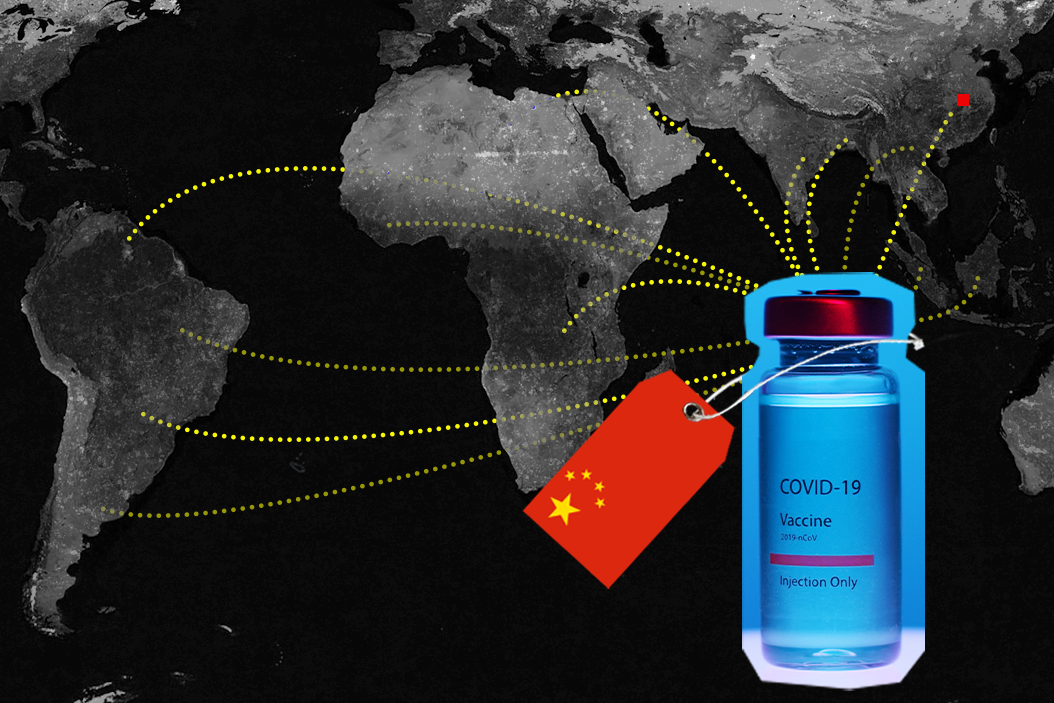What We’re Watching: China’s vaccination blitz, Nicaraguan opposition crackdown, Dems/GOP vs China
China goes big on vaccination: China is now vaccinating about 20 million people a day against COVID, accounting for more than half of the world's daily shots. Following a sluggish initial rollout, Chinese vaccine makers have scaled up production in recent months. That's good news for the world, particularly for developing countries that rely on vaccines distributed through the COVAX global facility, which now includes China's WHO-approved Sinopharm and Sinovac jabs. It's also good news for China's government, which for months has struggled to make its production capacity match its ambitious vaccine diplomacy program (though it has already supplied a whopping 350 million doses to more than 75 countries). And finally, it's good news for the Chinese people, who can travel without restrictions, both inside and outside China, once they're vaccinated. It's not good news for India, which earlier this year had a window of opportunity to compete with the Chinese on doling out jabs to low-income countries but then had to suspend exports in order to address its own COVID crisis.
Don't try to run for president in Nicaragua: Nicaraguan police have arrested four prominent opposition figures as part of a widening crackdown on challengers to strongman President Daniel Ortega. Two of those jailed were planning to run in November elections to try to deny Ortega a fifth presidential term. In recent years, Ortega — a former guerrilla who reinvented himself as a pious, business-friendly nepotist — has faced increasing protests over corruption and authoritarianism. Last fall he passed a law that permits him to detain any citizens considered "terrorists" or "traitors." And his handling of the pandemic has been epically bad: after refusing to take any public health measures, he and his wife simply disappeared for a month. The US has imposed sanctions and labeled Ortega a "dictator," but Washington must tread carefully — the last thing this White House wants right now is more instability in Central America that will encourage more migrants to head for the US southern border. But for many Nicaraguans, the last thing they want is more Ortega.
China's hottest new export: US bipartisanship: Democrats and Republicans agree on almost nothing these days, but lawmakers of both parties fear that a rising China threatens US global dominance. That's why on Tuesday evening senators flashed a rare moment of bipartisan unity by voting overwhelmingly to pour $250 billion worth of subsidies and grants into developing advanced technologies like semiconductors, artificial intelligence, and quantum computing. One of the bill's sponsors, Senate Majority Leader Chuck Schumer (D-NY), framed it explicitly as a bid to combat the "authoritarian image [that] President Xi Jinping would like to impose on the world." The bill now moves to the House, where it faces a few obstacles but will likely pass. Thought bubble: 20 years ago, the US thought that bringing Beijing into the "rules-based" order would make China more like the US politically. Instead, China's state capitalist model has forced the US to become a bit more like China economically — as the US develops ambitious and expensive state-driven industrial policies of its own.
